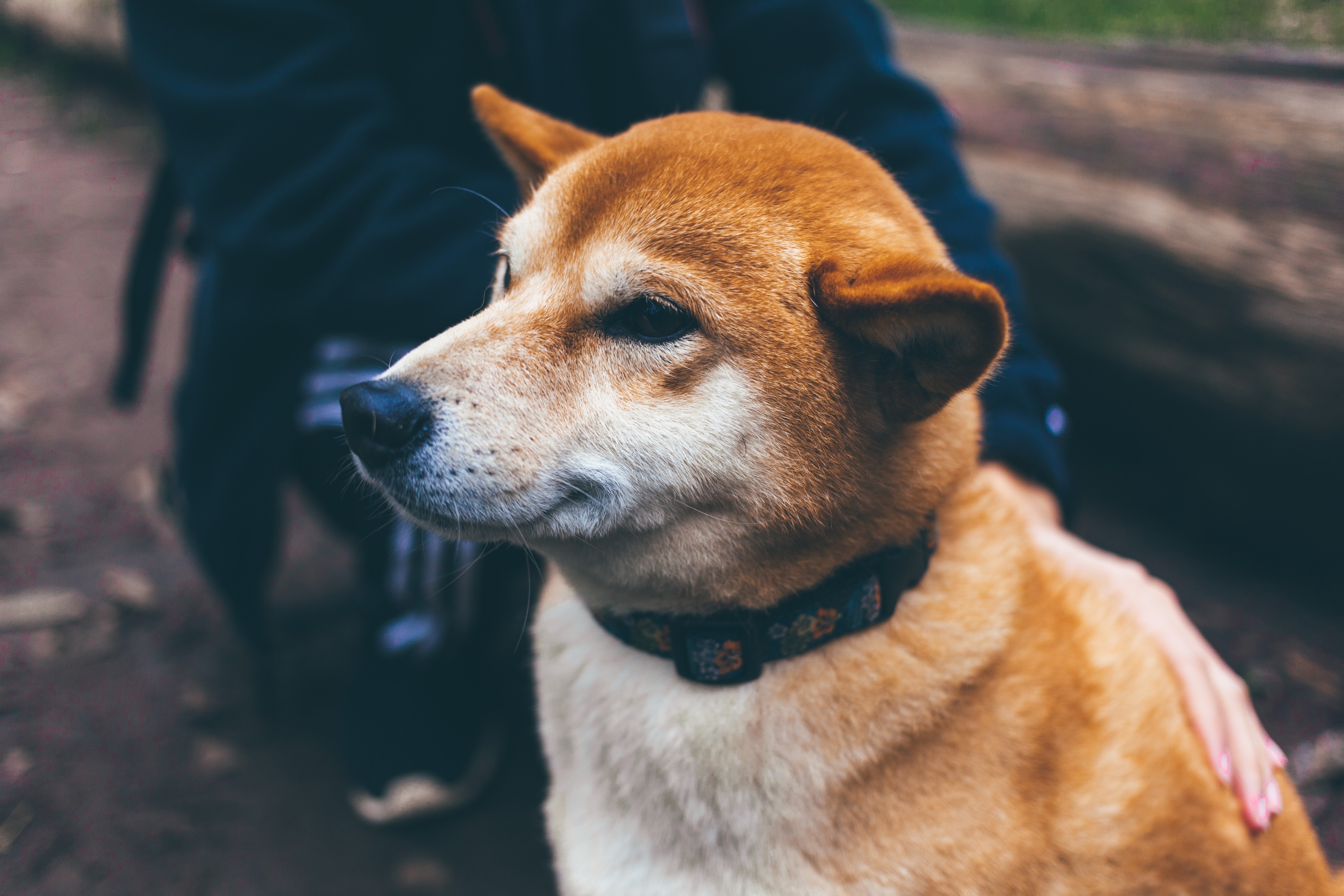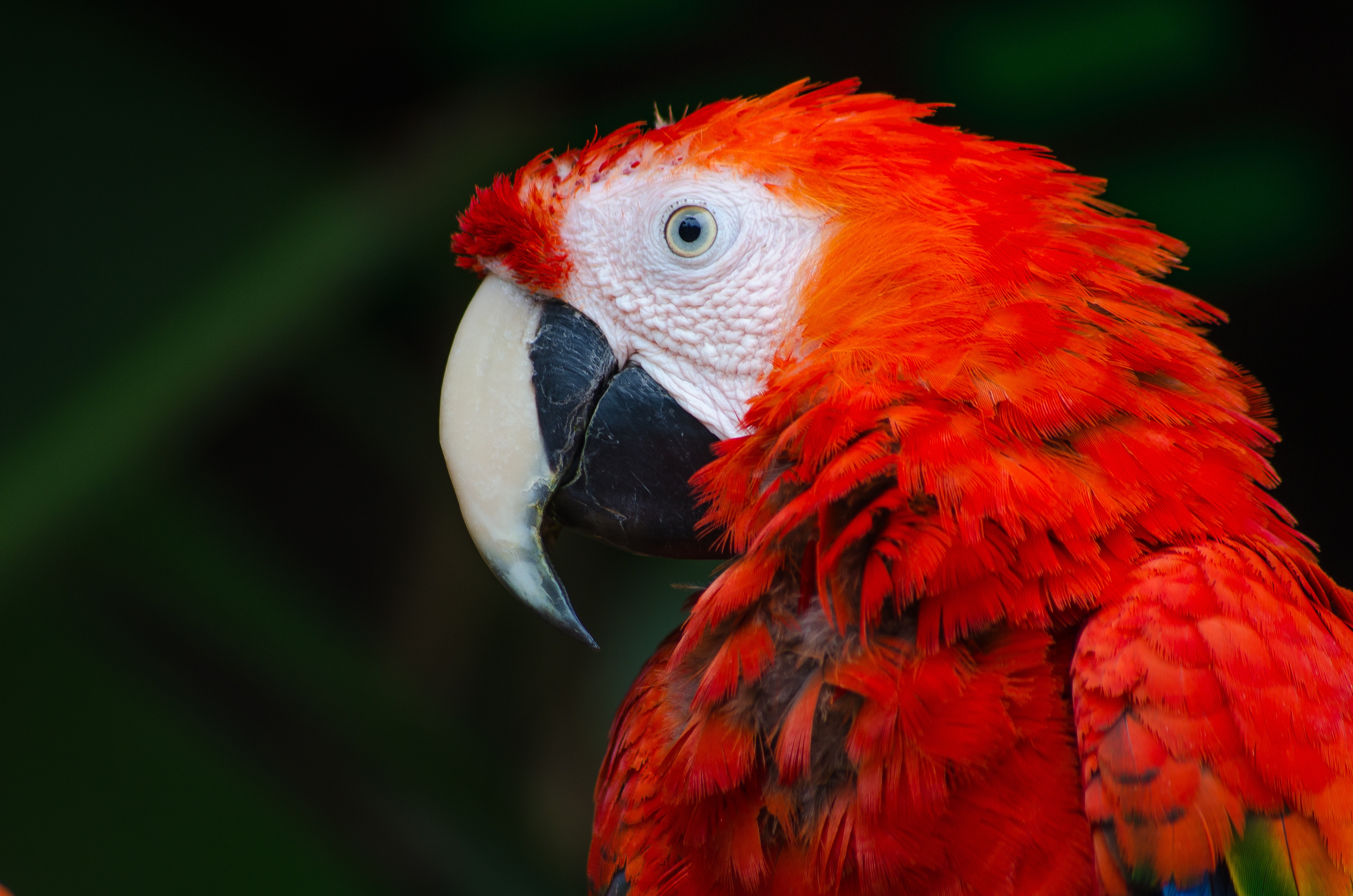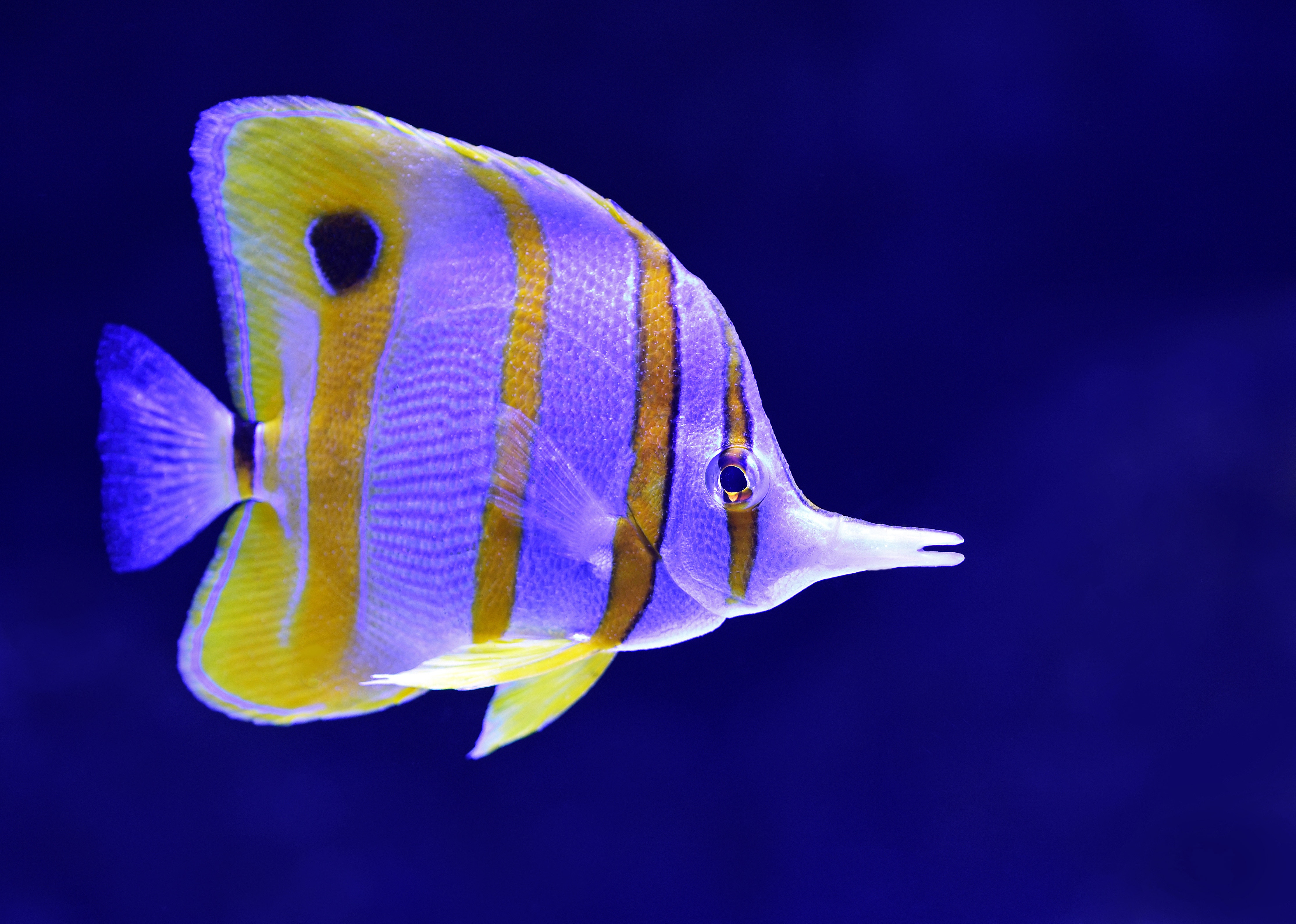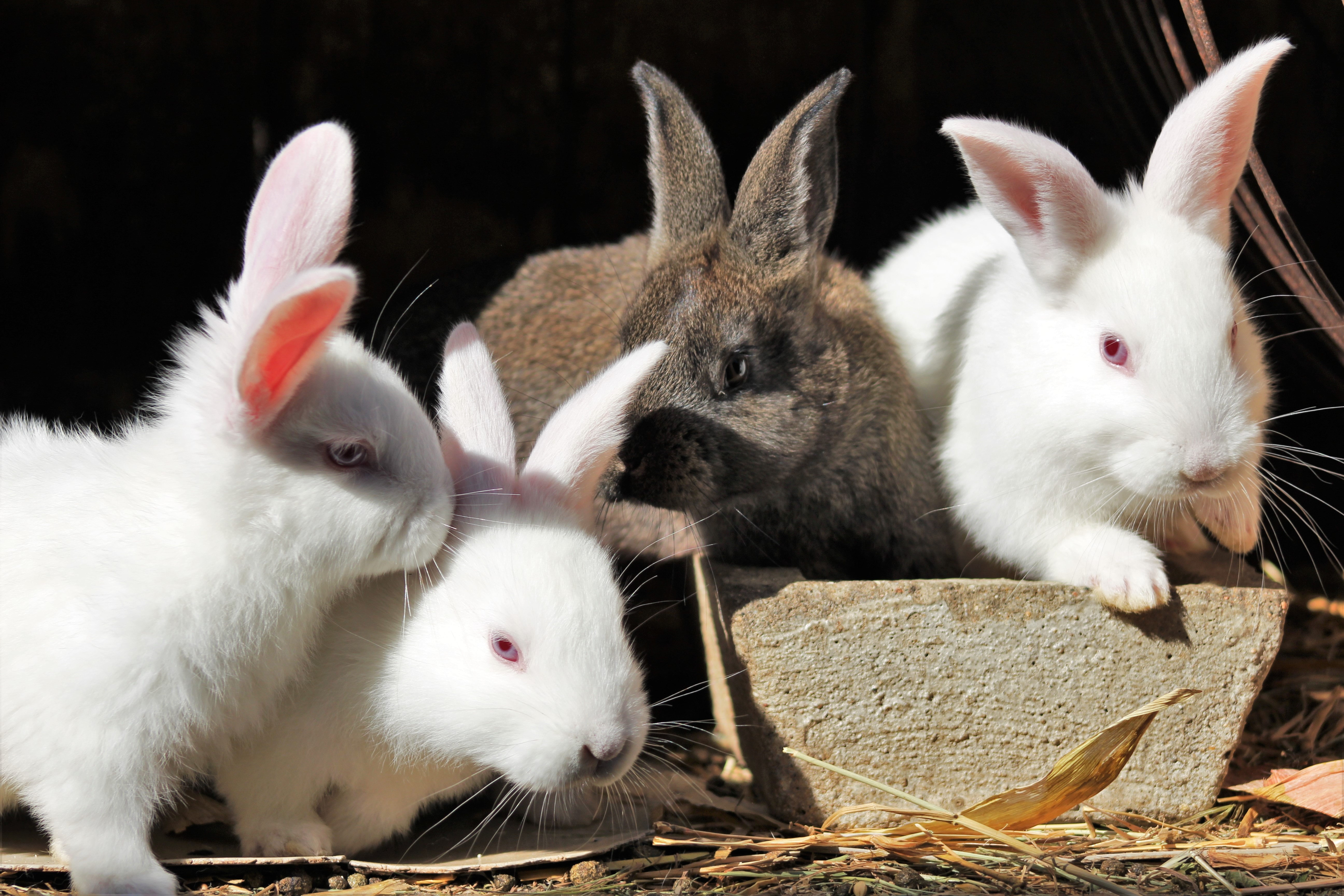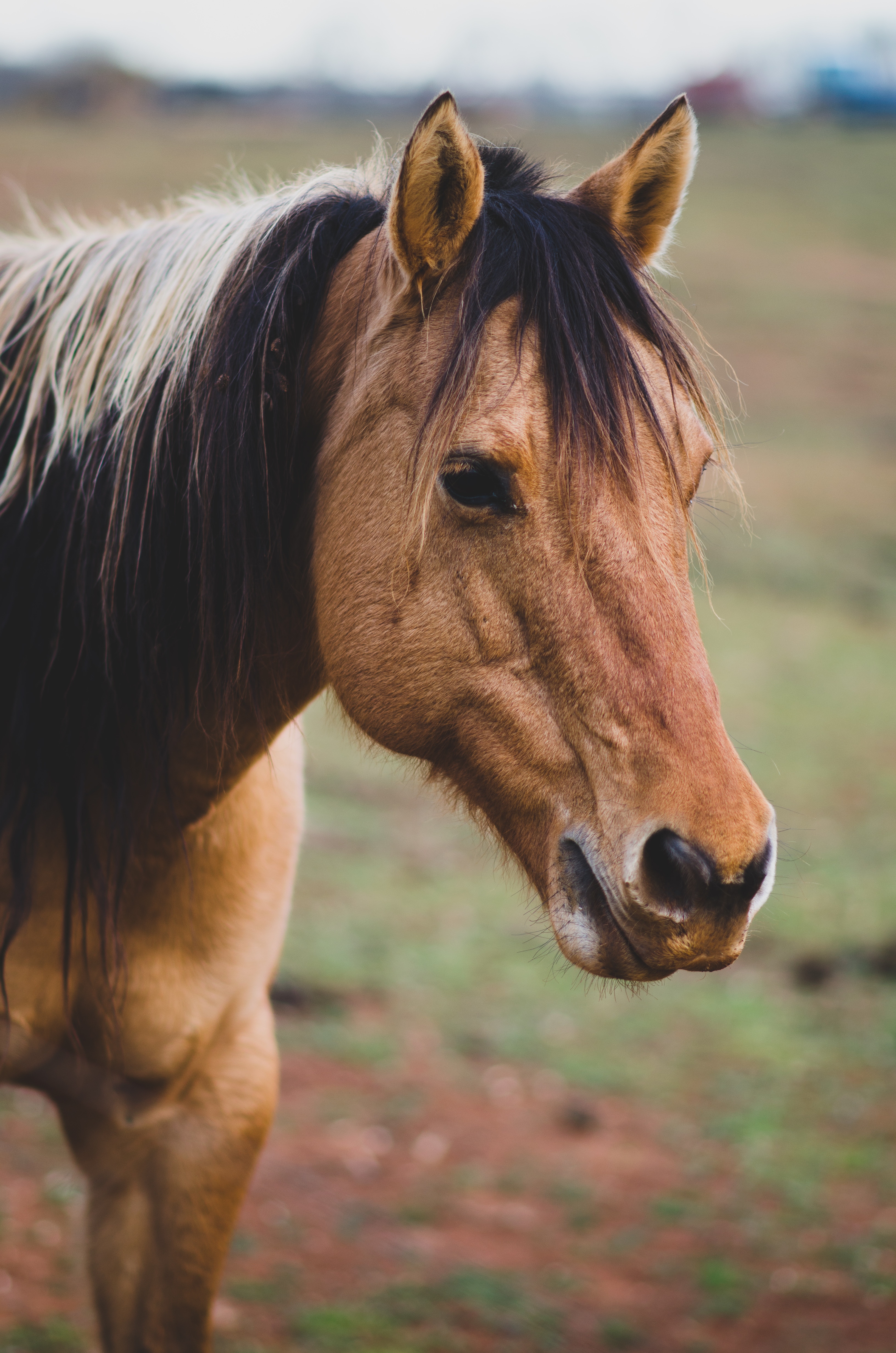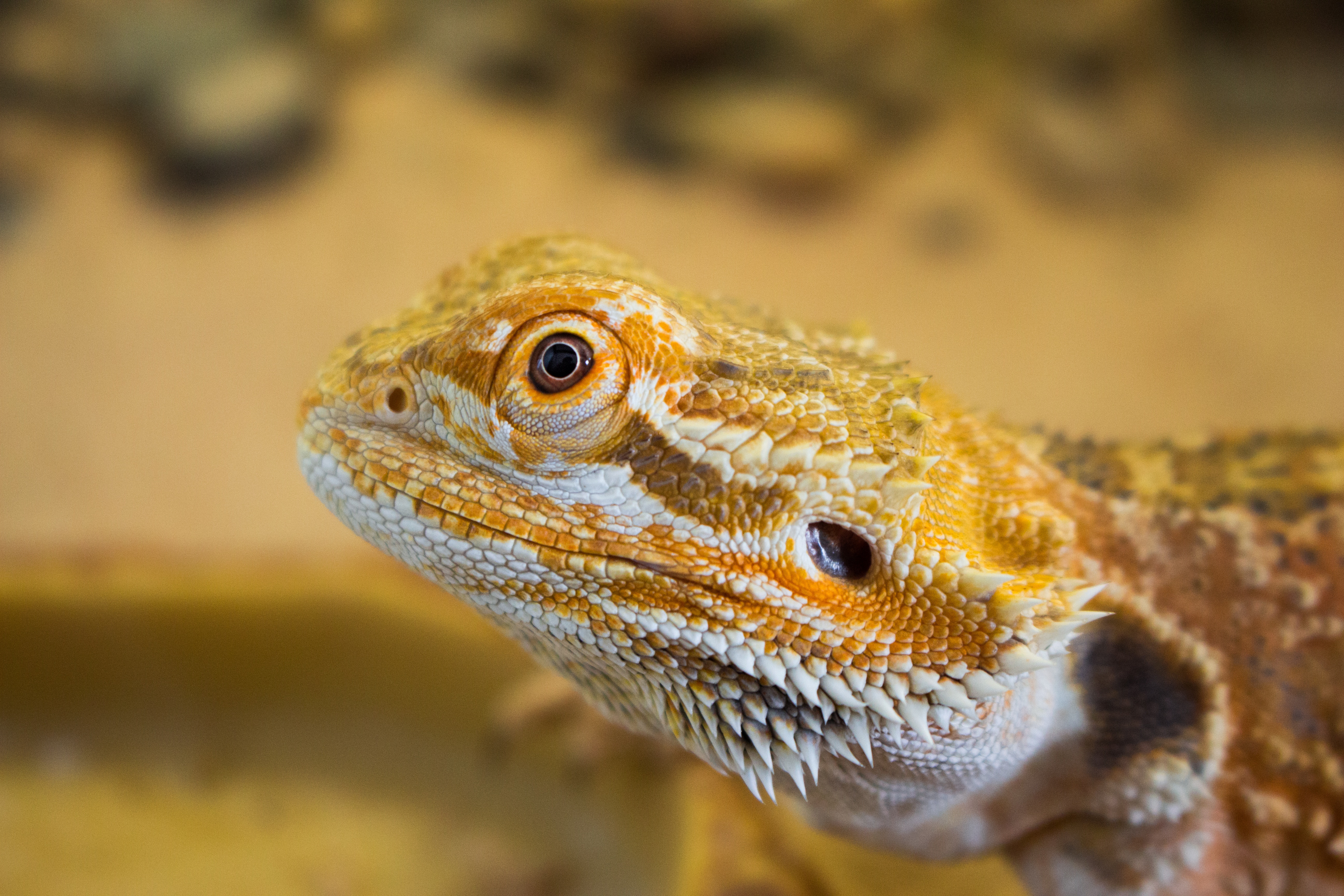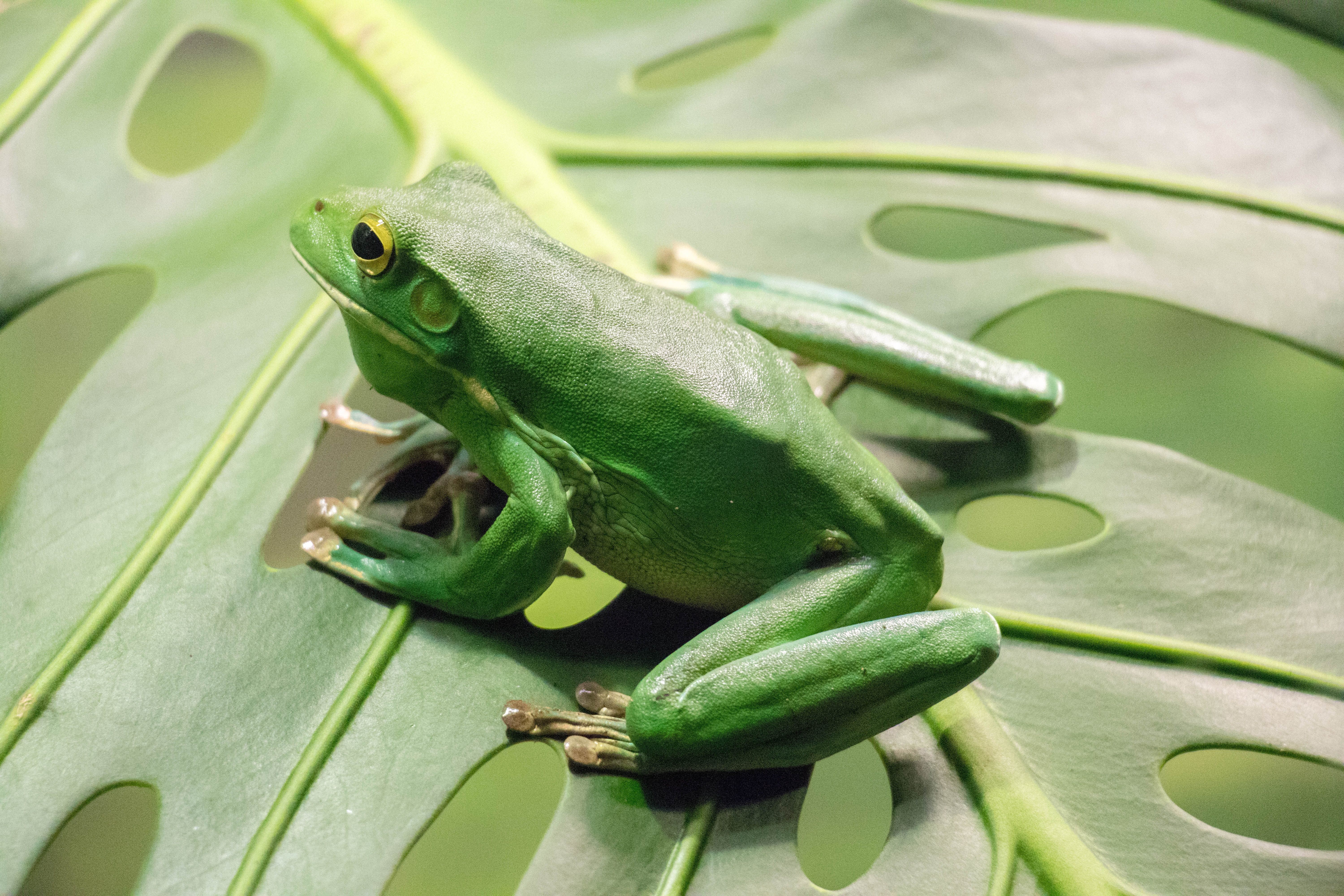Environment
A suitable living environment
Diet
A suitable diet
Behaviour
To be able to behave normally
Companionship
To have appropriate companionship
Health
To be protected from pain, suffering, injury and disease
1
Environment
A suitable living environment
2
Diet
A suitable diet
3
Behaviour
To be able to behave normally
4
Companionship
To have appropriate companionship
5
Health
To be protected from pain, suffering, injury and disease
Check before you buy
Consider contacting your local animal rescue/rehoming centre
There are thousands of horses all over the UK who are waiting for a home. Visit http://www.newc.co.uk/rehoming-organisations/ to find your local rescue centre.
Research before you buy
Be sure you understand the needs of the horse and that you have the time, skills and finance to provide for them. Donkeys should never be kept alone without the company of another donkey.
Choose a type of horse that will be suited to your circumstances, abilities and requirements
Make sure you have secured appropriate facilities where your new horse will be kept and that you will have the support of knowledgeable people
Check that the horse is healthy and fit for the purpose for which you intend to use it
Your local veterinary practice should be able to advise you on pre-purchase vetting.
Take someone experienced, perhaps your riding instructor, with you to try the horse
It may be necessary to visit more than once before you make the decision to buy
Be prepared to wait for the right horse rather than settle for an animal which you are unsuited to and that you may be forced to part with after a short time
If your chosen horse was not bred at the place of purchase, or was not resident there for a considerable period of time, ask where it came from and try to discover its previous history
An advantage of rehoming a rescue horse is usually rescue centres will be able to provide the equine's history.
Ensure that the equine's passport is handed over to you, the animal is microchipped and that it matches the description
Your vet will be able to confirm the microchip matches that recorded in the passport. If the animal also has separate vaccination certificates, breed papers or other identification documents, make sure that these are given to you at the time of purchase if they form part of the conditions of sale. Contact the Passport Issuing Organisation (PIO) within 30 days to update the passport ownership details. Note you could get an unlimited fine if you can't show a valid passport for an animal in your care.
Only experienced people should buy young horses, as they require a lot of additional knowledge, care and handling to ensure that they develop properly until they are ready to be prepared for riding (at least four years old).
They should be bought from reputable breeders and you should ensure they were weaned at an appropriate age.
Remember that horses, ponies and donkeys are powerful animals and can cause considerable damage
You are strongly advised to take out 3rd party insurance cover. Similarly, veterinary bills for equids can be very high indeed and you should consider insurance to cover these bills.
Common Scams
Horses on loan being sold without the owner’s permission
Selling a horse which has previously been the subject of a Loss of Use (LOU) insurance claim for a purpose they may not be capable of and/or insurable for
Horses medicated to mask problems
Dealers posing as rescue organisations or private sellers
Horses with more than one microchip
Altered, fake or duplicate passports

